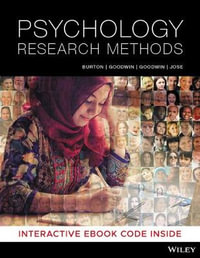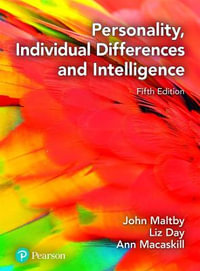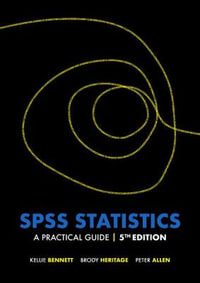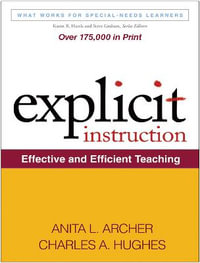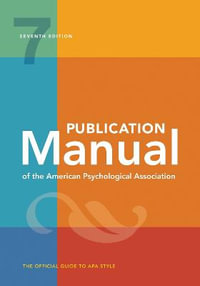Political economy celebrates the idea of self-interest and depends on it. Yet vital questions about self-interest remain unanswered and unexplored. What is the self whose interests political economy celebrates? How do those interests relate to the self? And, in what does the self take interest? This book explores the way political economy understands human motivation. In it, the author argues that the assumptions typically made by economists regarding want and choice cannot adequately lay a foundation for answering important questions about the design of economic institutions and the appropriate use of markets. Rather than assuming individuals know what they want and gain satisfaction from consuming what they imagine they want, we should think of economic institutions as involved in a process of self-seeking and self-discovery, in which knowing what we want is a result and not a premise. The volume examines the implications of this idea for political economy, especially for political economy's normative goal: to offer guidance in shaping economic institutions and the appropriate use of markets.
Rather than assuming individuals know what they want and gain satisfaction from consuming what they imagine they want, we should think of economic institutions as involved in a process of self-seeking and self-discovery, in which knowing what we want is a result and not a premise. The volume examines the implications of this idea for political economy, especially for political economy's normative goal: to offer guidance in shaping economic institutions conducive to individual freedom and meaningful satisfaction of individual want. Topics covered in the book include: the concept of subsistence; the idea of self-interest in classical political economy; the kind of knowledge necessary for economic action; the nature of want, choice and rationality; the distinction between pleasure and happiness. The author gives particular consideration to normative concerns, especially the role and limits of the market. This book is an exciting and unusual contribution to political economy. The author offers a novel integration of the insights of political economy, philosophy, psychology, applying them to vital foundational issues of political economy.












